Back to Courses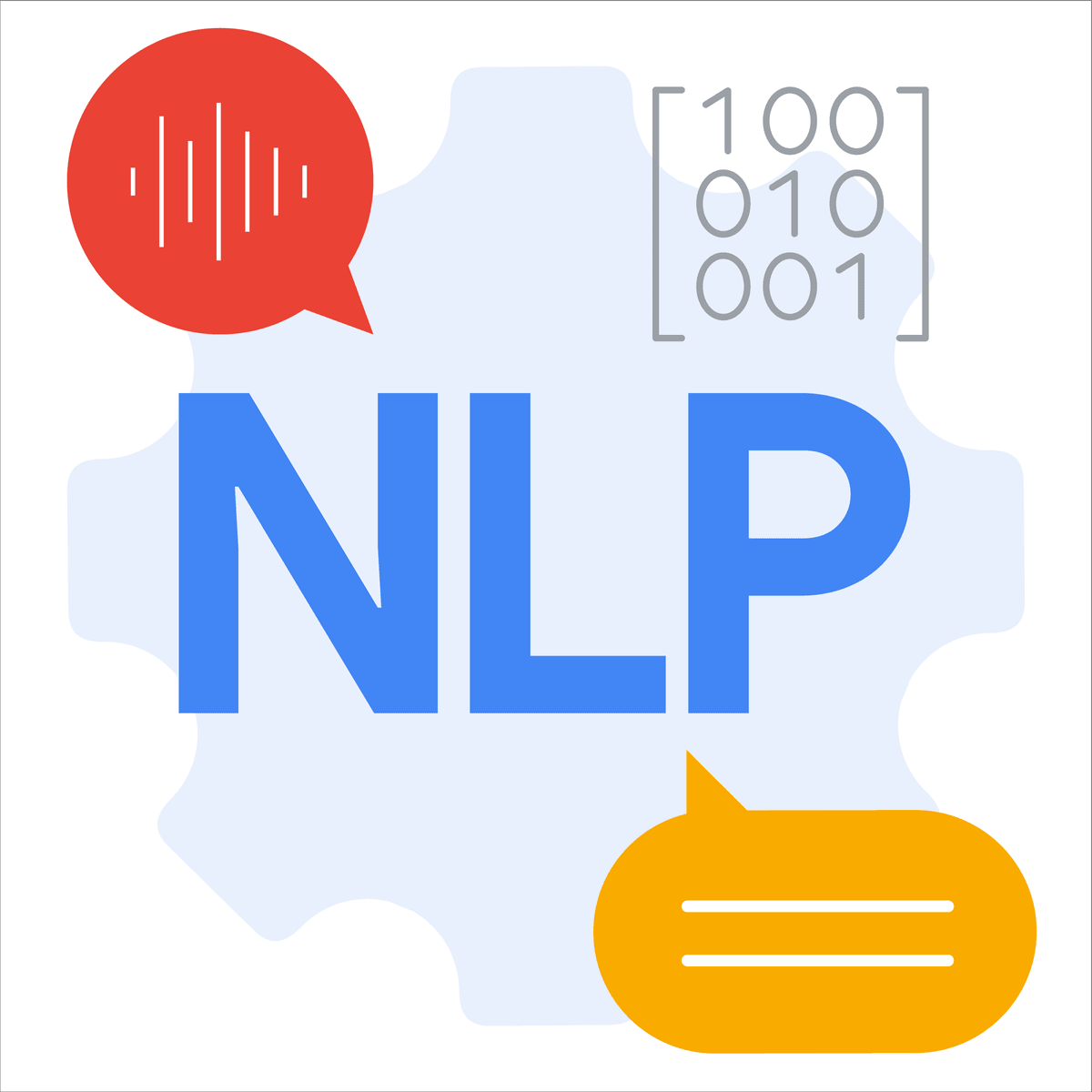
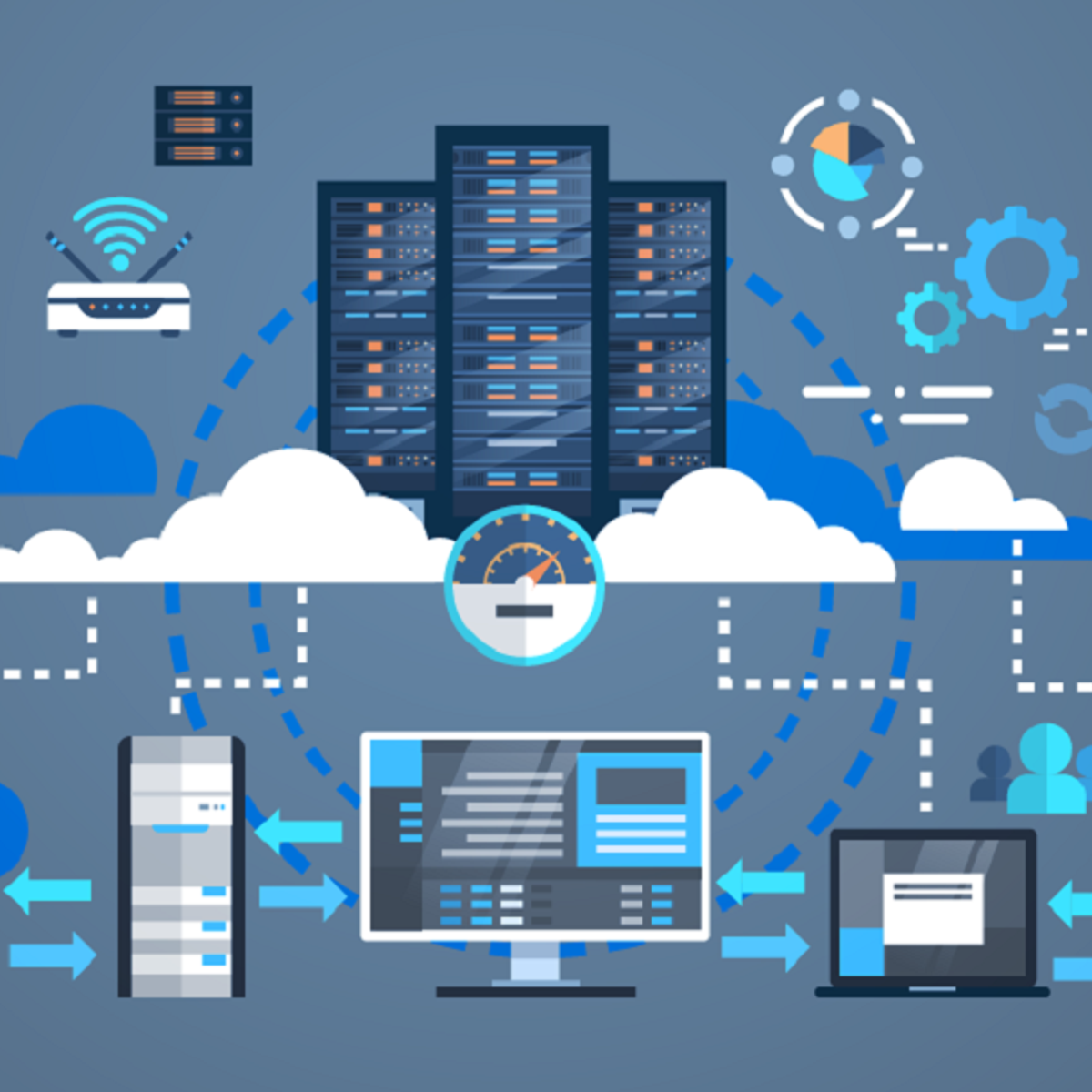
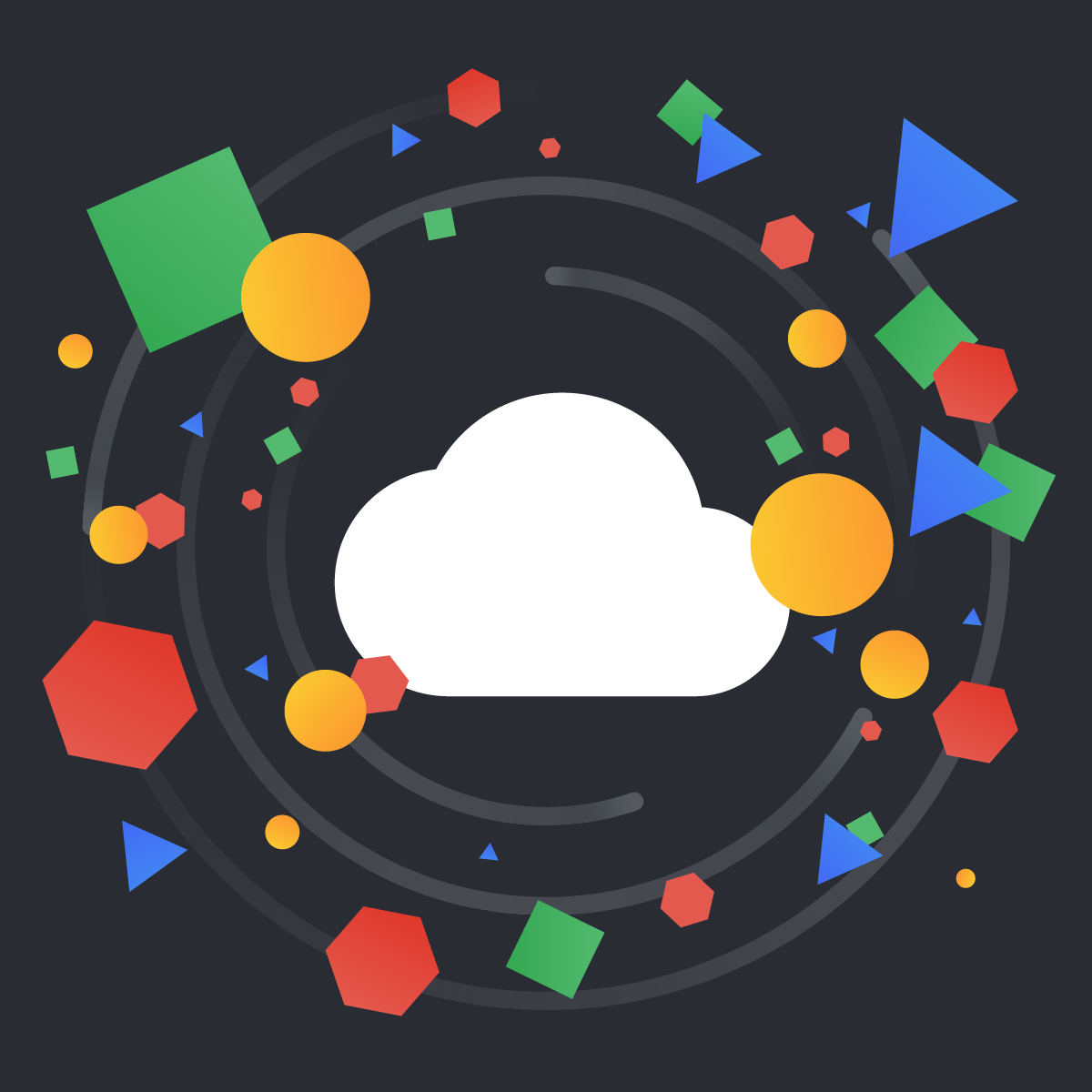


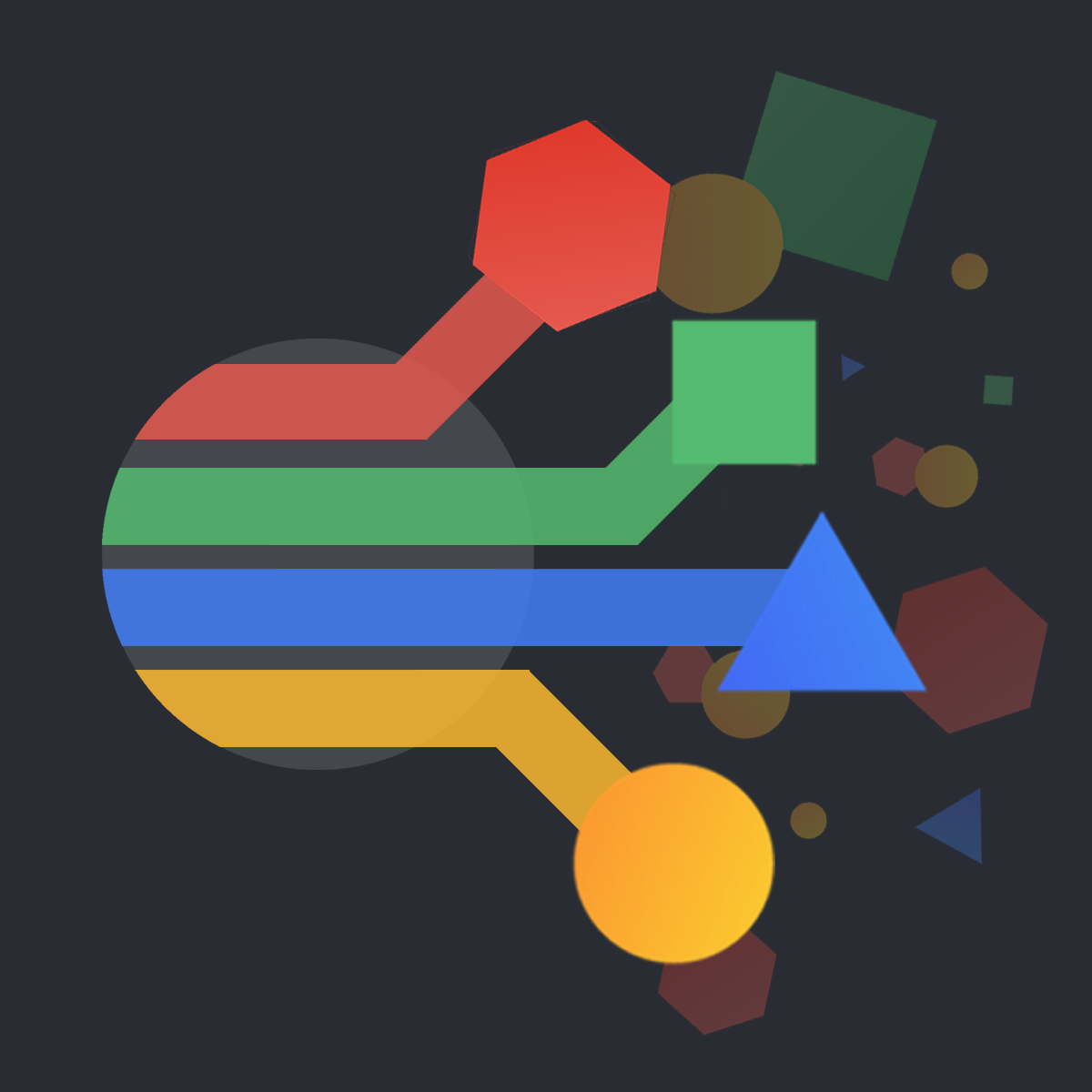

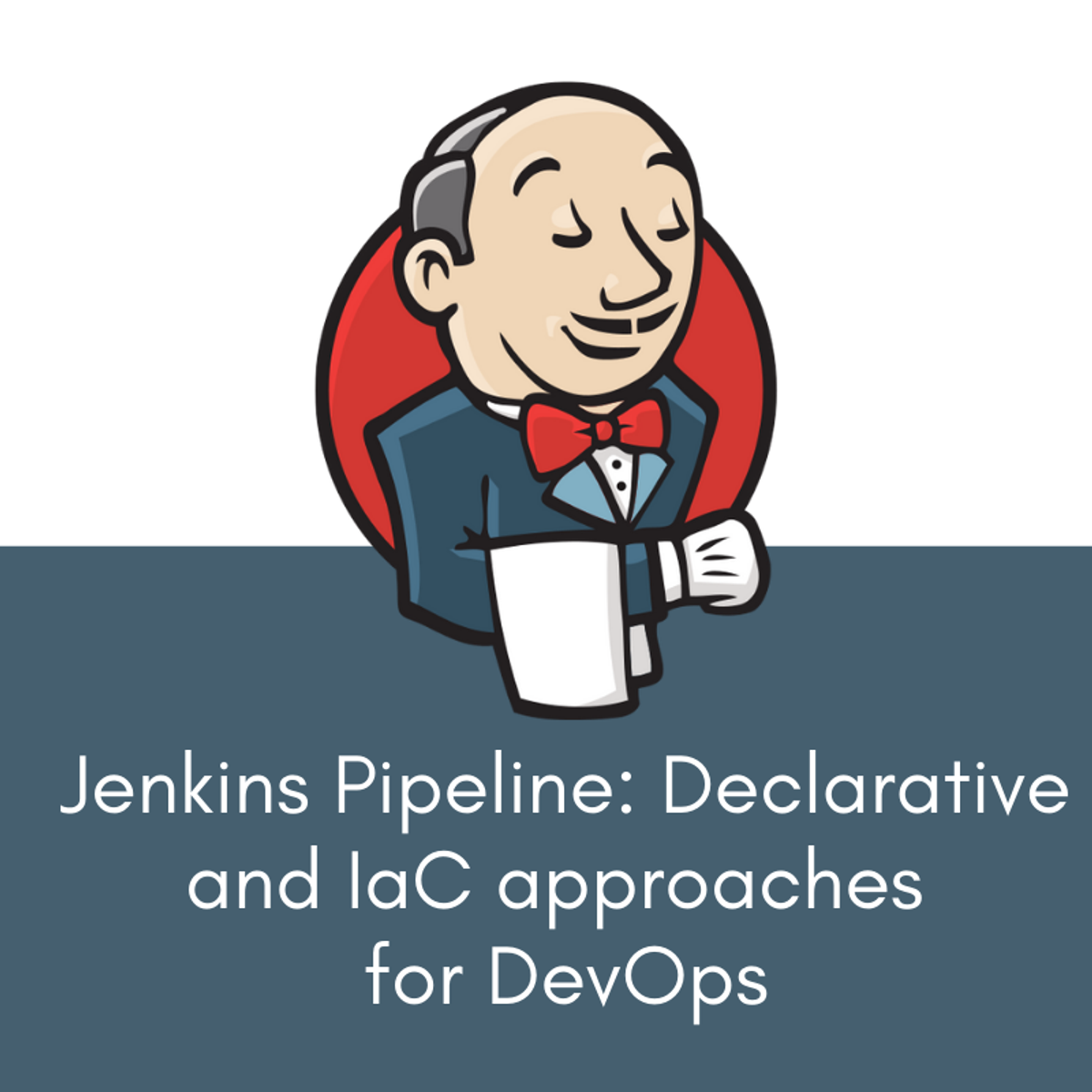

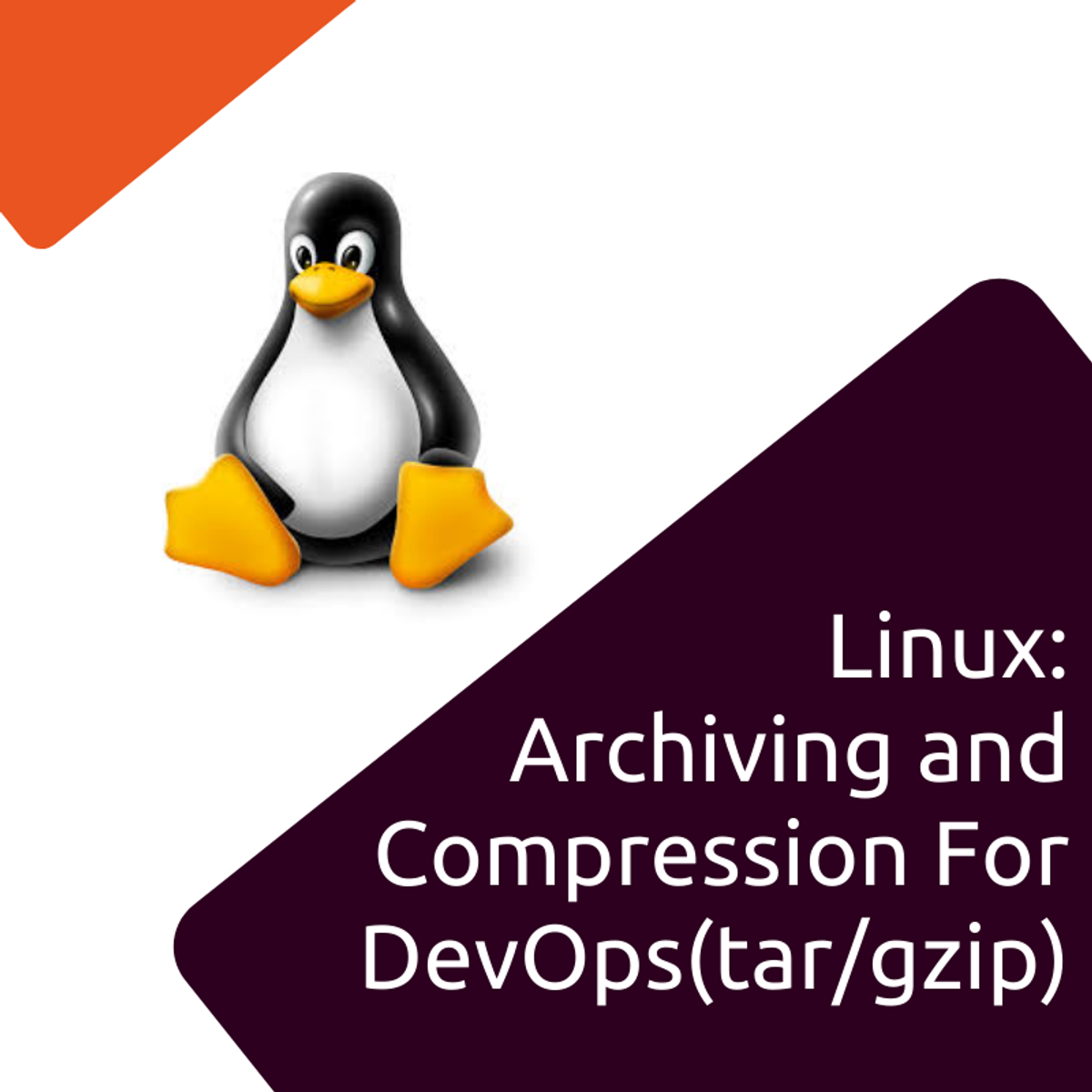
Cloud Computing Courses - Page 2
Showing results 11-20 of 930

Natural Language Processing on Google Cloud
This course is an introduction to sequence models and their applications, including an overview of sequence model architectures and how to handle inputs of variable length.
• Predict future values of a time-series
• Classify free form text
• Address time-series and text problems with recurrent neural networks
• Choose between RNNs/LSTMs and simpler models
• Train and reuse word embeddings in text problems
You will get hands-on practice building and optimizing your own text classification and sequence models on a variety of public datasets in the labs we’ll work on together.
Prerequisites: Basic SQL, familiarity with Python and TensorFlow

Introduction to virtual networks in Microsoft Azure
This is an introductory project on creating Virtual Networks in the Azure Portal.
During each task, you'll be able to follow along and complete each step as I do, giving you a truly hands-on experience.
I will begin by showing you how to get started with Azure by creating an account and signing in.
From there we will get familiar with navigating the Azure Portal and begin the creation of our Azure virtual network. We will accomplish this by working our way through the various settings that will need to be configured for a successful configuration of our virtual network.
Once the virtual network is created and operational, we will then create and connect two cloud based virtual machines and test connectivity between them.
If you enjoy this project, we'd recommend exploring the Microsoft Azure Fundamentals AZ-900 Exam Prep Specialization: https://www.coursera.org/specializations/microsoft-azure-fundamentals-az-900

Innovating with Data and Google Cloud en Français
À elle seule, la technologie cloud ne fournit qu'une fraction de ce qu'elle peut apporter à une entreprise. Mais combinée à des données, des tonnes de données, elle a le pouvoir de véritablement générer de la valeur et de créer de nouvelles expériences pour les clients.
Dans ce cours, vous apprendrez ce que sont les données, comment les entreprises les utilisent pour prendre des décisions, et pourquoi elles sont si essentielles pour le machine learning. Ce cours initie également les participants à un certain nombre de concepts techniques (données structurées et non structurées, base de données, entrepôt de données, lacs de données, etc.), puis se penche sur les produits Google Cloud axés sur les données les plus courants et dont la croissance est la plus rapide.

Python Database Connection with MariaDB From Infosys
Did you know that connecting to servers is the number one job task of database administrators? Did you know that being able to effectively complete this skill is in-demand for this role?
By taking this Guided Project, you will be able to accomplish exactly this task!
“Python Database connection with MariaDB” is for any system or database administrator looking to automate the daily routine task of connecting to a company’s database with less effort.
By the end of this 1-hour Guided Project, you will be able to establish a verified connection to a MariaDB server by using Python scripts which you have created!
Brought to you by Infosys, a global leader in next-generation digital services and consulting, this project is created by a certified Technology Associate in Python Programming, and the team lead of Education, Training and Assessments.
Let's get started!

Using OpenTSDB to Monitor Time-Series Data on Cloud Platform
This is a self-paced lab that takes place in the Google Cloud console. In this lab you will learn how to collect, record, and monitor time-series data on Google Cloud Platform (GCP) using OpenTSDB running on Google Kubernetes Engine and Google Cloud Bigtable.

Infrastructure and Application Modernization with Google Cloud
Many traditional enterprises use legacy systems and applications that often struggle to achieve the scale and speed needed to meet modern customer expectations. Business leaders and IT decision makers constantly have to choose between maintenance of legacy systems and investing in innovative new products and services.
This course explores the challenges of an outdated IT infrastructure and how businesses can modernize it using cloud technology. It begins by exploring the different compute options available in the cloud and the benefits of each, before turning to application modernization and Application Programming Interfaces (APIs). The course also considers a range of Google Cloud solutions that can help businesses to better develop and manage their systems, such as Compute Engine, App Engine, and Apigee.

Dataflow: Qwik Start - Templates
This is a self-paced lab that takes place in the Google Cloud console. This page shows you how to create a streaming pipeline using a Google-Provided Cloud Dataflow template.

Jenkins Pipeline: Declarative and IaC approaches for DevOps
By the end of this course you will be able to start writing your own Jenkins scripts either in the Jenkins UI or as Jenkinsfile over a multi-stage CD workflow.

Concurrency in Go
Learn how to implement concurrent programming in Go. Explore the roles of channels and goroutines in implementing concurrency. Topics include writing goroutines and implementing channels for communications between goroutines. Course activities will allow you to exercise Go’s capabilities for concurrent programming by developing several example programs.

Linux: Archiving and Compression for DevOps (tar/gzip)
In this 1-hour long project-based course on Linux: Archiving and Compression for DevOps you will be working entirely on the command line and using powerful Linux commands using tar and various compression commands such as gzip and bzip2 to learn how file archiving and compression works in Linux. You will be archiving a Wordpress directory of files and compressing the archive using various compression formats. You will no longer be mystified by what these commands and options are doing, and you will understand the structure of these various commands better.
This course is designed for any person working or who intends to work with Linux, from Linux system administrators to developers and DevOps practitioners. Or even if you are a student who is curious to get comfortable with Linux this course is for you also.
By the end of this course, you will have used the main commands on a real file directory and archived and compressed as well as unarchived and decompressed real files in various formats. Most importantly you will be comfortable to do so with ease going forward. This will also allow you to possess an important foundation of Bash scripting.
This is an intermediate level course and is designed for an individual who has a beginner's knowledge of the Linux/Unix command line and Unix crud practices in computer science.
Note: This course works best for learners who are based in the North America region. We’re currently working on providing the same experience in other regions.
Popular Internships and Jobs by Categories
Find Jobs & Internships
Browse
© 2024 BoostGrad | All rights reserved